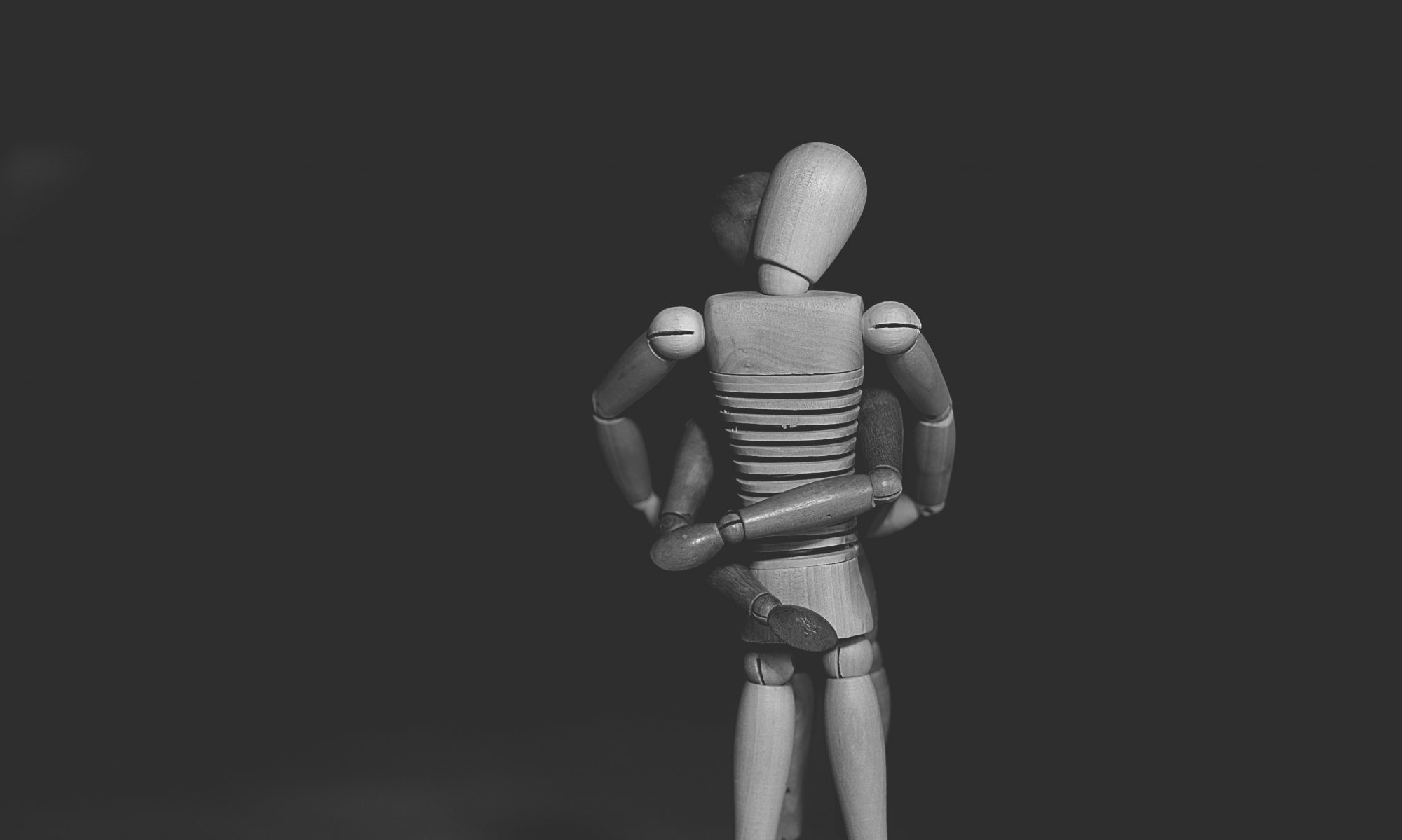To Stay or Not To Stay?
In a relationship that’s struggling at some point or another we all wonder if the pros of staying really outweigh the daily stress, fights, and emotional weight of a troubled relationship. We may even decide to pull out a piece of paper and write out a pro and con list. I can think back to the 90’s sitcom “Friends” and the list that got the character Ross in so much trouble when it was found by Rachel. But this is actually a really good example of what I want to discuss today.
If you can remember the episode, Ross was trying to decide between staying in his current happy relationship or leaving for the girl he has had a crush on since he was a teen. On his current girlfriend’s pro column there were items like good communication, we have fun together, similar career and education level. The con’s for Rachel were things like we don’t have much in common, she is a waitress (implying that there was a vast educational and level of career drive difference), and different opinions and values. The obvious implication would be that he should stay in his current happy relationship and let go of the idea of being with Rachel. This would have been obvious except for one item on Rachel’s pro list, that item was “It’s Rachel.”
So why do we do this? Why against all evidence to the contrary we allow our heart to overrule all rational explanation? Is it really allowing our hearts to guide us, or is it a trick of the mind that takes over and leads us down a familiar unhealthy path that will end up in repeating old pain and feelings of rejection.
As many of us remember it did not end well for Ross and Rachel, all of their differences caught up with them and ended not only the relationship but also their friendship. Of course this a TV show and as they were main characters the writers resolved their conflicts. Most of us are not this lucky to have cleaver and funny lines written for us to mend broken hearts.
The question remains, why do we disregard mounting evidence that our relationship is unhealthy, disregard opinions of friends and loved ones, and remain with a partner that may have shown many times that they are not the best choice for us? One reason is a brain behavior called Cognitive dissonance. Cognitive dissonance is an uncomfortable state of the mind that results in uncomfortable emotions. This uncomfortable state results from two or more conflicting thoughts, attitudes, opinions, or values. A better definition for relationships might be; Cognitive dissonance is an explanation of human decisions and actions that may be contrary to personal happiness, mental or physical health, or even safety. The theory explains that it is psychologically uncomfortable to hold thoughts that are in conflict with each other.
As our upcoming book explains, Cognitive dissonance is often seen in people that hold on to unhealthy relationships when, to the outsiders view, there is more than enough reasons to move on. The conflicting thoughts might be thoughts like; “he says he loves me” which is conflicting with behaviors of verbal abuse or infidelity. The human psyche, needing to choose only one of the conflicting beliefs, most often, chooses the one that is more pleasing; in this case “he loves me”.
I once had a pro and con list of my own. About 2 ½ years into my relationship, while I was away visiting my mother for the holidays, he cheated on me. He lied about it until he was unable to hide his actions anymore. His actions led me to endure feelings of insecurity, shame, and betrayal. I asked him to leave and over the next two weeks I had space to consider what to do next.
I decided that though I loved him very much there was mounting evidence that this was not a good relationship. There were parts of me that could not imagine my life without him and other parts that knew I could never truly trust him again. I pulled out a piece of paper and began a pro and con list. My con list became quite large. There were items on it like the trust has been broken, I know he’s capable of lying to my face, I feel insecure having time away from him due to fear of this happening again. By the end I had amassed a list of 37 cons, and one pro.
I’m sure many of you can guess the single solitary pro, it was of course “I love him.” Even faced with 37 to 1 odds, I remained in the relationship another two and a half years. Just as happened for Ross and Rachel, in the end our problems caught up with us. The relationship was unhealthy to its core and though I was told to move on by friends and family that loved me and by my own inner voice as well as my trusty pro and con list, my brain’s cognitive dissonance kept me blind to what needed to happen. I needed to leave, or at least engage in some serious relationship counseling, this obvious unhealthy situation despite my emotional feelings for my partner.
Many of us struggle making the best relationship decisions when we feel the brain and the heart are in competition. What I want to illustrate to you is that it is not at all a fight between the brain and the heart, it’s in fact a fight between a disliked reality (he doesn’t treat me well) and a desire (I want him to love me, I want this relationship to be good). The brain distorts the reality we see to help us fulfill our desires (our perceived needs). The brain does not know these desires are harming us; it’s just doing its best to help us get what we want. To make the best decisions we need to step away from the situation, really weigh the opinions of those who care for us most, and weight the pro’s and con’s; really see the evidence in front of us for what it is, not what we want it to be. [/read]

